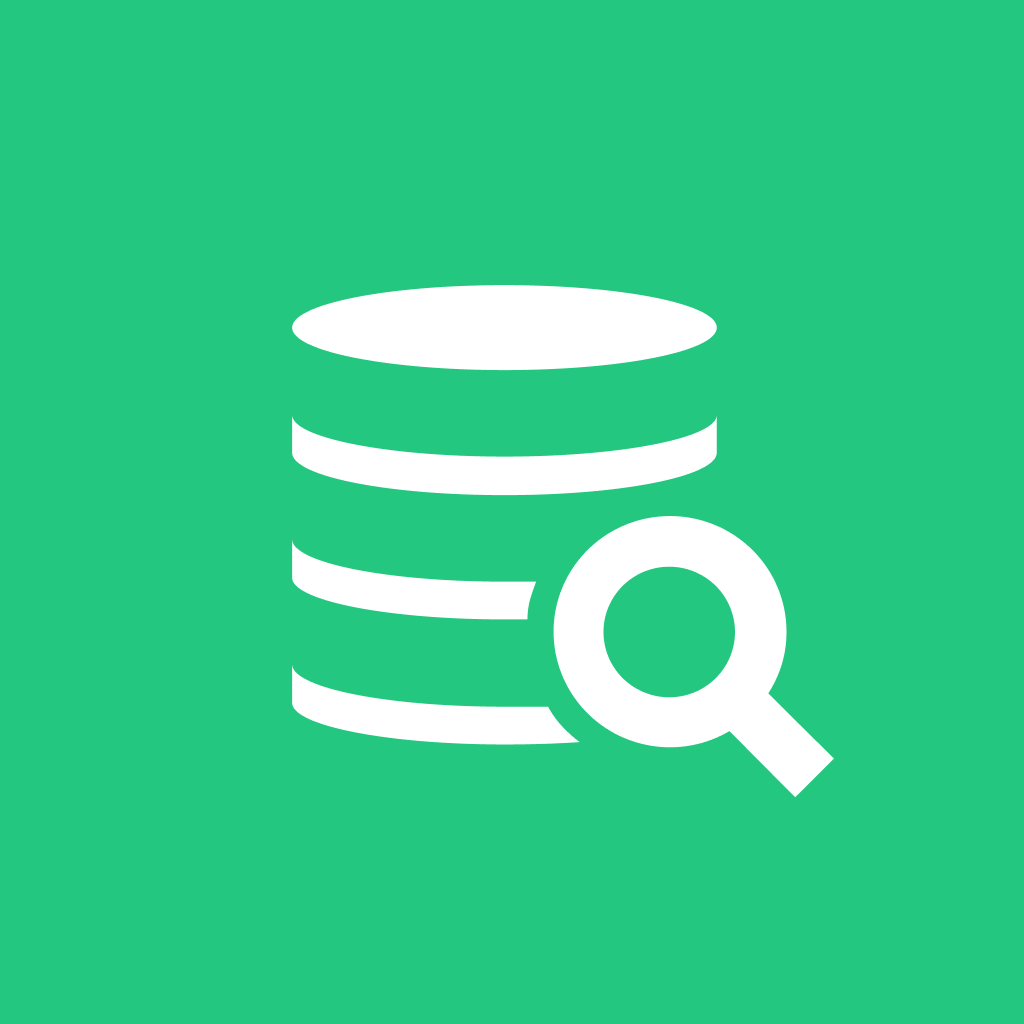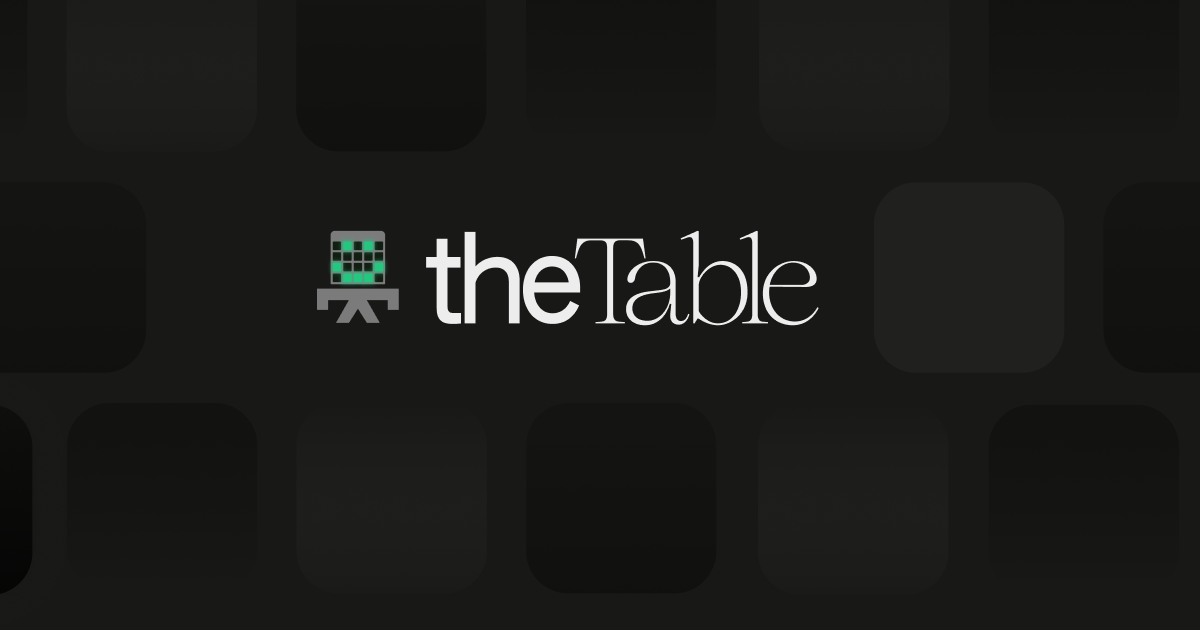MariaDB vs MySQL: Essential Differences Every Developer Should Know
 DbVisualizer
DbVisualizer
MariaDB and MySQL are leading RDBMSs that originated from the same codebase but have diverged over time. This article summarizes the essential differences between them, focusing on what developers need to know to choose the right database for their projects.
Differences and Examples
Storage Engines - MariaDB supports more storage engines, like Aria and MyRocks, enhancing its versatility compared to MySQL.
Analytics - MariaDB offers ColumnStore for advanced analytics, something MySQL does not provide.
Thread Pooling - MariaDB’s thread pooling efficiently manages over 200,000 connections, a feature only available in MySQL’s enterprise version.
Community Governance - MariaDB operates with community-driven governance, while MySQL is directed by Oracle.
FAQ
Is switching from MySQL to MariaDB straightforward?
Yes, MariaDB maintains backward compatibility with MySQL, ensuring an easy transition.
Which database is more popular globally?
MySQL is significantly more popular, with a market share exceeding 42%, compared to MariaDB's 2%.
Does MariaDB offer better performance than MySQL?
In many scenarios, especially with high concurrency, MariaDB outperforms MySQL.
What’s the difference between MySQL Cluster and MariaDB Galera?
MySQL Cluster uses the NDB engine, while MariaDB Galera utilizes Galera Cluster for high availability.
Conclusion
Both MariaDB and MySQL have their strengths and are suited for different use cases. To explore their differences in more detail, please read the article MariaDB vs MySQL: The Ultimate Comparison.
Subscribe to my newsletter
Read articles from DbVisualizer directly inside your inbox. Subscribe to the newsletter, and don't miss out.
Written by

DbVisualizer
DbVisualizer
DbVisualizer is the database client with the highest user satisfaction. It is used for development, analytics, maintenance, and more, by database professionals all over the world. It connects to all popular databases and runs on Win, macOS & Linux.